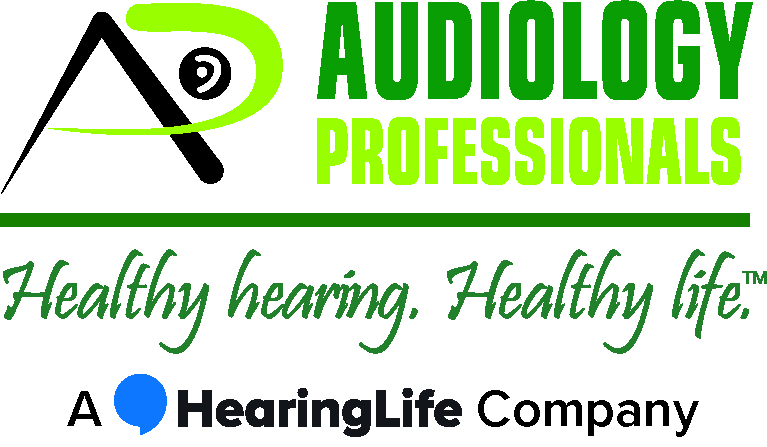It’s that time of year again! As we say goodbye to fall’s crisp cool days and hello to winter’s cold temperatures, it’s time to bundle up in warm clothing, scarves, and gloves to protect ourselves from the chill. However, one aspect of our well-being that often goes overlooked during winter is our hearing health. Cold and windy conditions can pose unique challenges to our ears, potentially leading to discomfort, hearing damage, or other issues.
Have you ever noticed how quickly your ears experience feelings of extreme cold and discomfort within only a few minutes of being exposed to the elements? Like your nose, ears are mainly cartilage and do not have much insulating fat. This makes them more susceptible to getting cold.
Additionally, during cold weather, your body redirects blood to your vital organs to keep them warm. This can cause your ears to become cold as a result of decreased blood circulation. Physical changes in the eardrum and external auditory canal can lead to pain, ringing, and temporary hearing loss due to the cold temperature. This is why it’s important to protect your ears and hearing during winter.
Steps To Protect Your Ears in Winter
Here are tips to follow to protect your ears in the winter months:
- Wear Ear Warmers or Earmuffs: Ear warmers or earmuffs are excellent options to protect your ears from the cold and wind. They provide insulation and keep your ears snug while allowing for adequate ventilation.
- Protect Your Hearing Aids From The Cold: Very cold temperatures can shorten your hearing aids’ battery life and also allow moisture to build up in your hearing aids. Wearing earmuffs or a hat will keep your hearing aids warm and dry. To protect your hearing aids from moisture, you can also use a dehumidifier to remove excess moisture or hearing aid sweatbands to keep moisture from your hearing aids.
- Clean Your Ears: Wind cold can cause your ears to produce excess wax. Incorrect cleaning can lead to earwax buildup deep in your ear canals. Cotton swabs are often to blame. If you must use swabs, use them only on the outer part of the ear, rather than in the canal. Alternatively, you can use a soft, damp cloth or tissue. See your audiologist if you need wax removed deeper in the ear.
- Keep Your Ears Dry: Moisture in cold weather can exacerbate earwax issues. Dry your ears gently after exposure to moisture, and avoid inserting cotton swabs or other objects into your ear canal.
- Avoid Loud Noises: When you’re out in the cold and windy weather, be mindful of loud noises, such as snow blowers or snowmobiles. A snowblower can produce sounds from 80 to 106 decibels, which can damage your hearing and lead to noise induced hearing loss. Protect your ears with earmuffs or earplugs when necessary.
- Be Mindful of Ear Infections: Because ear infections are relatively common in colder months, it is a good idea to be vigilant for early signs and symptoms. Don’t put off seeing your medical doctor or audiologist if you notice ear pain, redness, discharge, or any changes in existing hearing loss.
- Schedule a Visit With Your Local Hearing Clinic: If you are having ear pain or difficulty hearing, schedule an appointment with your local hearing clinic for a screening and evaluation. They will perform a hearing test to determine your hearing problem and recommend suitable hearing aid or treatment accordingly. Also, they can provide you with further information on protecting your ears from the cold temperature.
Cold and windy conditions can pose various risks to our ears, from discomfort to long-term hearing damage. By following the tips outlined above and taking proactive steps to protect your ears, you can enjoy the beauty of winter while keeping your hearing safe and sound.
Contact Us Today!
If you have any concerns about your hearing health, don’t hesitate to contact the Audiology Professionals team by calling (541) 228-9233. Alternatively, click here to contact us online. Your hearing health is important to us. Stay warm, stay safe, and enjoy the winter season to the fullest.
